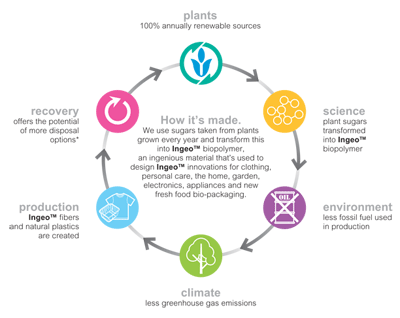9:30 am – 07/10/2013
Activia Raspberry yogurt × 1
Apple × 2
(Bought from IGA marketplace)
Role of Fossil Fuels
Activia Raspberry Yogurt –
Within in the ingredients used to produce the raspberry yogurt included modified corn starch, which in previous modules has been brought up with “cornification”. I have never noticed that corn starch was part of this product and am surprised to notice that I, too, have been “corn-ified”. The formation of corn starch is the process of corn wet-milled. (I have included a picture of the process of wet milling below, click to enlarge) Also, additional mechanical process is needed to make it “modified” corn starch which adds more fossil fuel consumption.
From the picture, it is clear that many mechanical tools take place during the process which the corn is steeped in water sometimes with sulphur dioxide, to separate and extract different components the kernel. As I researched more about sulphur dioxide, I find that it is the product of the burning of sulfur or burning of materials containing sulfur, which includes coal.
The packaging of the yogurt is done by the Ingeo™ company. Although it is a 100% annually renewable source from plants and uses less fossil fuels in the whole production process, it amount used still adds on to the total fossil fuel consumption for the production, transportation and packaging processes of the yogurt.
Apples –
As for the apples, a thin layer of wax came off when I scraped it with a knife to clean it. Although apples have a natural wax formed but because of the transportation it has to go through to get into marketplaces, to us consumers, another layer of protection is needed to prevent the bumping and destroying of apples. With further research of the wax, I discovered that most common wax coated on apples is a vegetable wax – carnauba wax. From the carnauba palm tree in Brazil, powder from the leaves are extracted through specific mechanical processes, producing two powder components which goes through boiling and filtering process to form carnauba wax. This entire process uses a significant amount of fossil fuels to fuel the machines.

